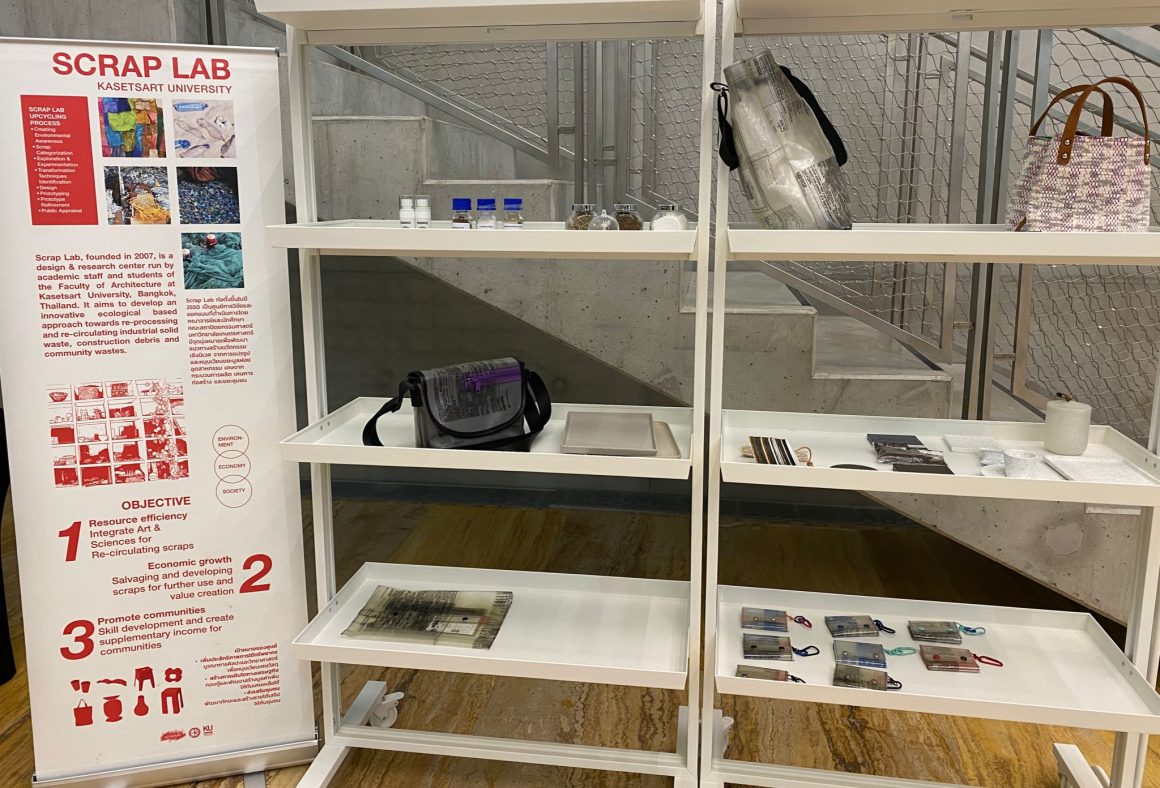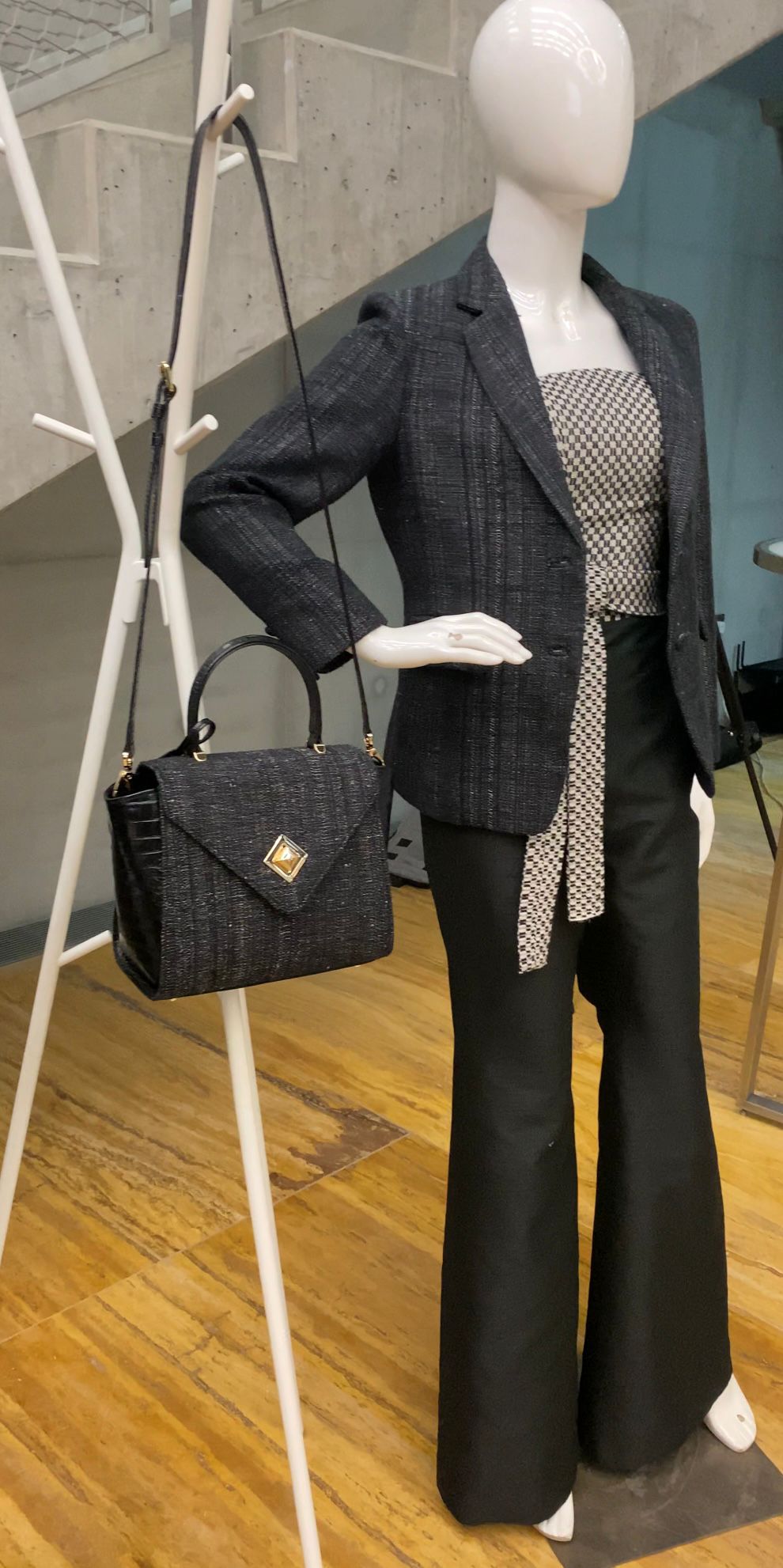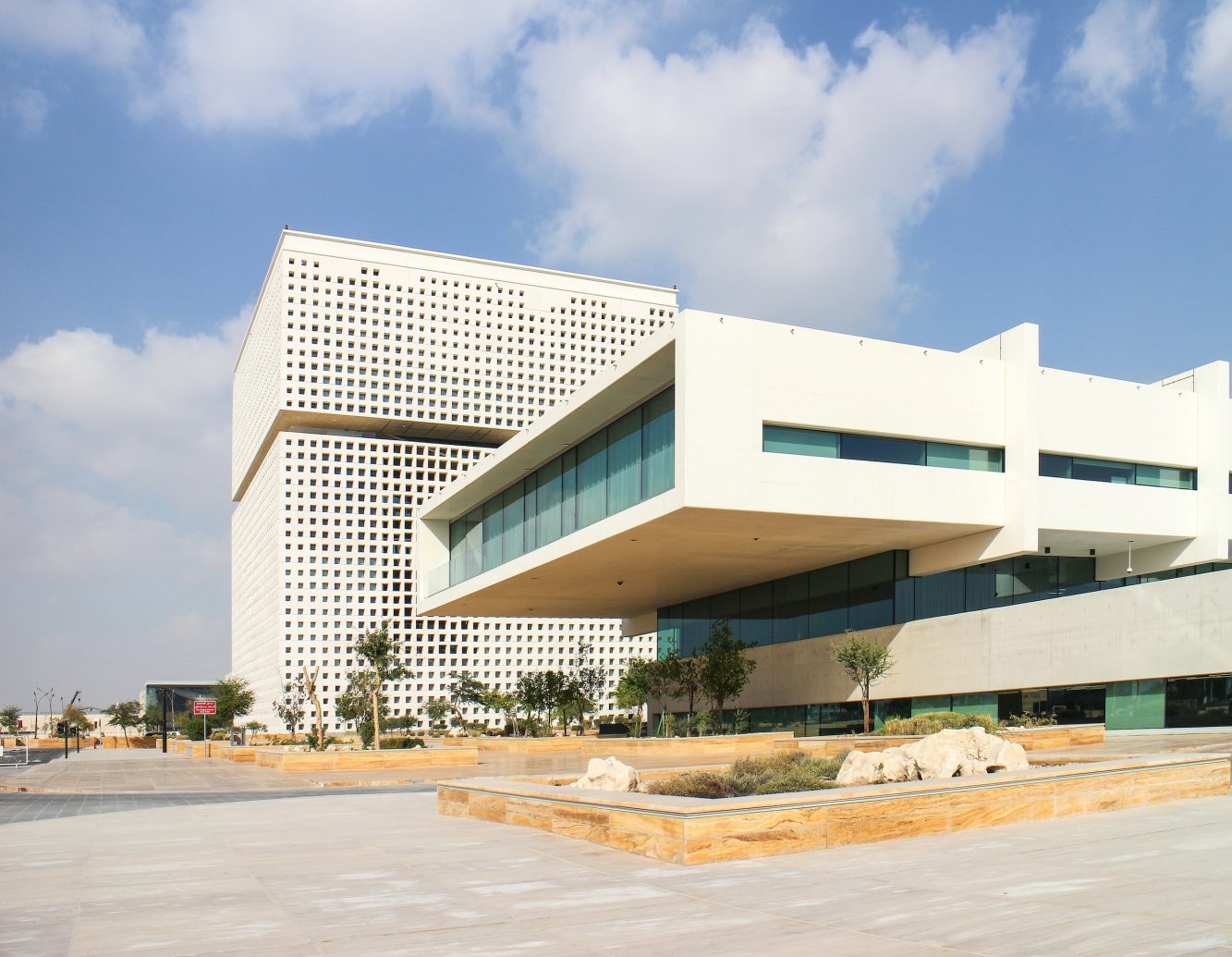The seminar on “Labs, Farms, and Bottles: Turning Wastes to Treasures” explored innovative upcycling techniques and sustainable solutions.
The Royal Thai Embassy in collaboration with the Qatar Research Development and Innovation Council (QRDI) has hosted a seminar and mini-exhibition at the QRDI auditorium in Doha today (Wednesday).
The event which ran from 9:30 AM to 12:00 PM, brought together researchers, industry experts and stakeholders from Thailand and Qatar to explore innovative approaches to upcycling and waste-to-value addition.
The Ambassador of Thailand to Qatar Sira Swangsilpa and the Ambassador of Japan to the State of Qatar Satoshi Maeda attended the event.
The seminar highlighted groundbreaking research from Thai universities that address the pressing issues of waste management and sustainability.
It featured three key sessions led by esteemed Thai researchers who are at the forefront of waste-to-value innovation.
In the first session, Dr. Singh Intrachooto, a leading figure in sustainability and upcycling, discussed the innovative solutions developed in Thailand to address waste through upcycling during his presentation.
His work focuses on transforming discarded materials, such as wood, metal, and plastic, into stylish and functional furniture, and repurposing construction waste like concrete and glass into new building materials.
Dr. Intrachooto also highlighted the use of waste materials in art installations, decorative items, and sustainable fashion, underscoring the creative potential of upcycling in waste management.

In an interview with Doha News, Dr. Intrachooto spoke candidly about the challenges he faced while implementing upcycling research in Thailand.
“The most difficult part in implementing upcycling research is that people often feel it’s not deep tech, that it lacks real economic value,” he explained.
“Finding funding was tough, but after a decade of hard work, people are starting to notice the real value in what we’ve done. Any new country exploring upcycling, like Qatar, will face similar skepticism,” he added.
He stressed the need for commitment, saying “researchers need to feel as I did—committed to solving this problem through a designer’s eyes,” adding he was “more than happy to work with or mentor teams in Qatar interested in exploring upcycling.”
The second session, led by Dr. Chanakarn Ruangnarong, focused on pioneering research in sustainable textiles.
Dr. Ruangnarong’s work explores the transformation of agricultural waste, such as rice husks and banana peels, into eco-friendly clothing.
This innovative approach tackles the environmental challenges of the traditional textile industry, which often relies on resource-intensive materials like cotton and synthetic fibers.
By repurposing waste materials that would otherwise contribute to pollution, Dr. Ruangnarong’s research promotes a circular economy where waste is converted into valuable resources.
Her work involves advanced processing techniques to extract and treat natural fibers, enhancing them to create soft, durable textiles suitable for various clothing applications.
This not only reduces the environmental impact of textile production but also provides consumers with sustainable fashion choices, supporting the global shift towards eco-friendly and responsible fashion.

In the final session of the seminar, Dr. Prakit Sukyai presented Thailand’s advanced model for sustainable biomass utilisation, specifically focused on cellulose-based food and medical products.
His research centers on converting various agricultural by-products, such as rice straw, sugarcane bagasse, and palm fronds, into valuable cellulose-based products that serve critical roles in the food and medical industries.
Dr. Sukyai’s approach involves sophisticated processes that extract cellulose from these biomass materials and then modify it to produce high-quality, biodegradable alternatives to conventional synthetic materials.
In the food industry, these cellulose derivatives are utilized to enhance food texture, extend shelf life, and improve nutritional content, all while reducing reliance on petrochemical-based additives.
In the medical field, the cellulose-based products are applied in wound dressings, drug delivery systems, and tissue engineering, offering biocompatible and sustainable solutions that align with the growing demand for eco-friendly medical supplies.
Dr. Sukyai’s work highlighted Thailand’s leadership in this area and showcased how these models could be adapted in other countries including Qatar to advance sustainability and technology in biomass utilisation.
Malik Habayeb, International Program Expert at Qatar Research Development and Innovation (QRDI) Council, emphasised the vital role of sustainability in their research and innovation efforts.
He told Doha News: “The Thai Embassy has been an active partner in the sustainable space. Sustainability is core to the research and innovation we do at QRDI, focusing on reducing waste and upcycling it to create value. Waste is a critical component, with 50 to 60% of Qatar’s waste coming from construction centers, highlighting where changes are needed.”
Habayeb noted that the seminar offered a unique opportunity to learn from Thai researchers and engage with Qatari stakeholders, including representatives from HBKU, the Ministry of Climate Change, and other organizations with a strong interest in sustainability.
Habayeb emphasised the importance of global collaboration in addressing climate challenges and achieving common objectives. He added, “Sustainability is part of Qatar’s commitment to providing a safe and clean environment while also identifying economic opportunities.”
The seminar supports Qatar’s National Vision 2030 by prioritising sustainability and resource efficiency.







